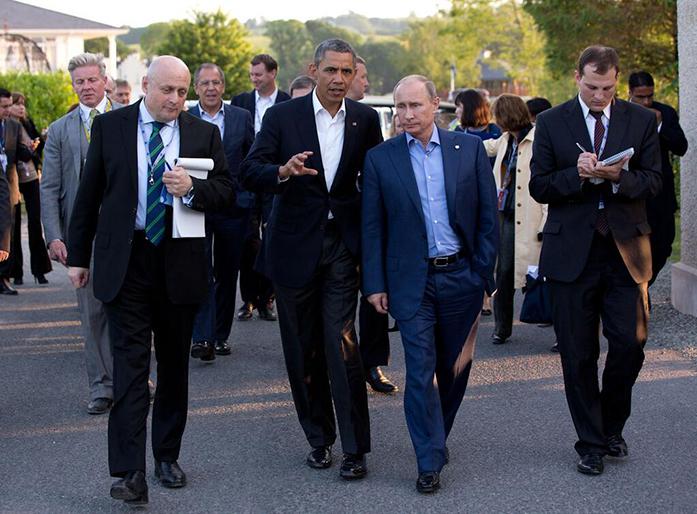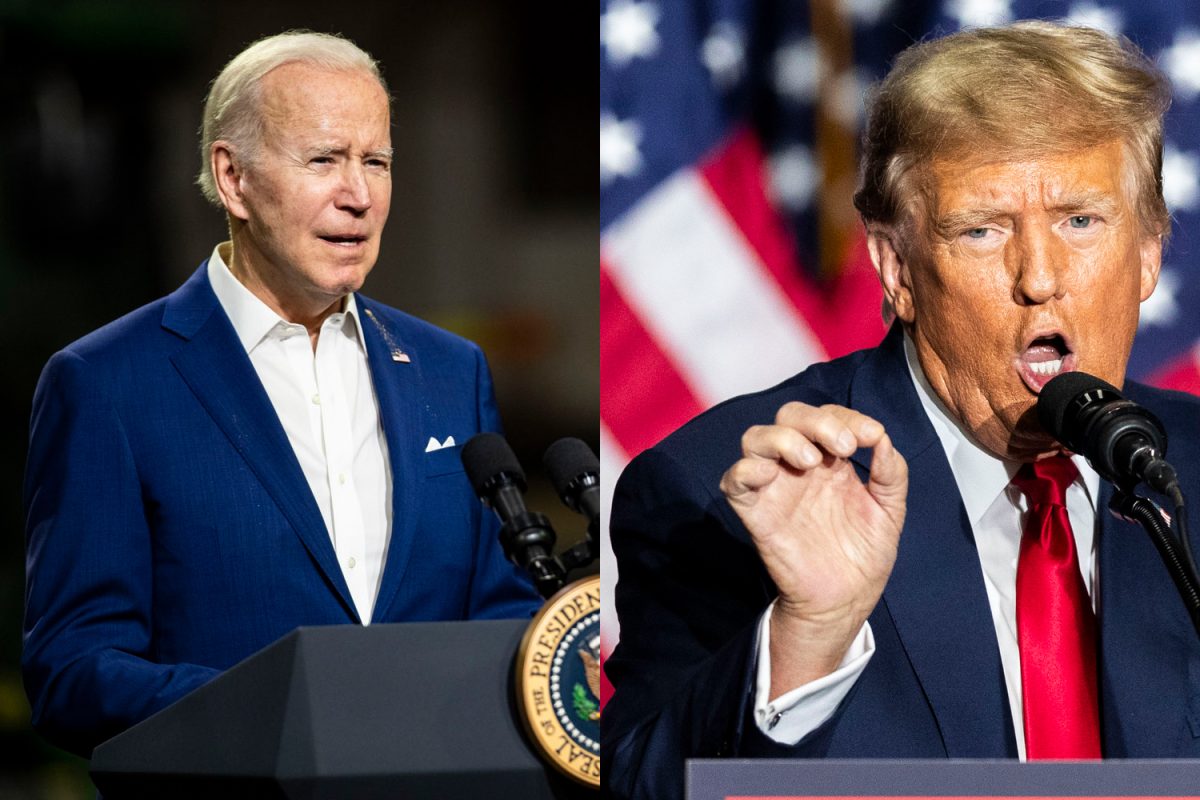On Sunday, Russian President Vladimir Putin told U.S. journalists that he considered America’s support for rebel forces in Syria to be illegal and said they were leaving to join ISIS. Putin is (not coincidentally) a strong supporter of Syrian President Bashar al-Assad.
The Syrian civil war, which began in 2011, has claimed hundreds of thousands of lives. Estimates of the death toll vary. The Syrian Observatory for Human Rights said 310,000 people have been killed as of April, and the conflict shows no signs of resolution. Moreover, the toll on the population includes the displacement of 7.6 million Syrians, according to the U.N.
Syria is expected to be the biggest topic for Putin and President Obama to discuss when they meet today, especially considering Moscow’s recent actions in the country.
Throughout the month, Russia has deployed military equipment and personnel to Syria. A Sept. 18 Congressional Research Service report stated that the equipment could potentially be used to “resupply the Assad regime or lead to a direct Russian intervention in the Syrian civil war,” while Russian officials claim they are attempting to counter terrorism in the region.
Of course, this is not the first time the United States and Russia have clashed. During the nine-year Soviet-Afghan War in the 1980s, the U.S. gave aid to insurgent groups in Afghanistan in order to fight against the Soviet Army, and the war became so unpopular in the USSR as to be referred to as “the Soviet Union’s Vietnam War.”
As with Russia’s previous forays into other’s territory (such as in Crimea, Ukraine), one must take its justifications with a grain of salt. Russia has a long history with Syrian leaders. In the 1950s, the Soviet Union allied itself with Syrian nationalist rulers as a counterbalance to U.S. regional partners, according to the congressional report. The two nations have a strong trade relationship, dealing largely in military equipment.
The most logical explanation for Russia’s military involvement is to prop up the Assad regime while advocating forvvv the dictator to remain in power in diplomatic talks. That idea has gained some traction among Western leaders such as British Prime Minister David Cameron, with reservations. Ideally, under such an agreement, the civil war would come to an end, and al-Assad would step down after a period of transition. European leaders naturally have a vested interest in ending the war; many of the refugees who have inundated the continent come from Syria.
The congressional report also acknowledges the potential of a transition in power, though it says, “President Assad cannot be part of a final solution to stabilize Syria.”
There are a lot of factors at play here. The international community has a vital role to play in combating ISIS, and it is true that Assad’s regime is doing just that. However, Russia’s deployment appears to be an attempt to place extra bargaining chips for Assad’s regime on the table. This is a regime that has used chemical weapons on its own people and massacred them by the thousands. We cannot allow Assad to remain in power for any longer than necessary.









